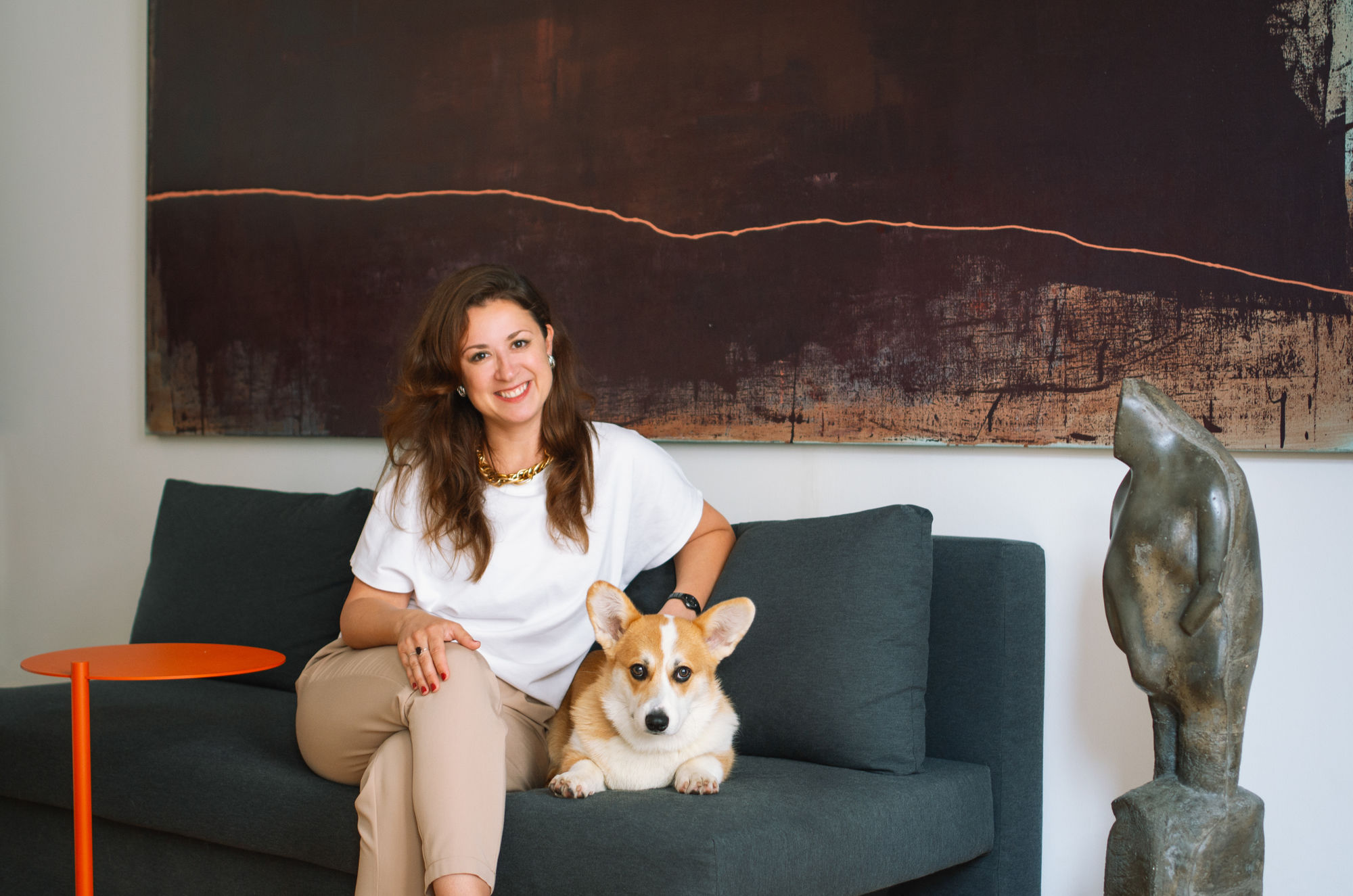Navigating the art market doesn't have to be difficult

The initially established EduArt Experience in 2021 has seen more than 120 students from entrepreneurs, managers, lawyers, creatives and many other interesting professions go through the programmes. The originally disparate group was brought together by the initial collecting difficulties that the course helped them address.
Bára, what are the most common reasons people contact you?
People mostly come to me when they want to buy a piece of art, but the art market seems opaque, to say the least. They are unsure which gallery to approach, which artist to see, they are baffled by the number of offers, and they don’t believe they can assess the value or investment potential of the work. They are simply afraid to go wrong.
What’s your advice to these newcomers? How do you help them navigate such a complex field?
As these are usually people from a business background who like to make informed decisions, I recommend our EduArt Start programme for beginners, where they become aware of all aspects of the art market. It is not only an initial investment in their own education in the art market, it is also an experience they can share with other participants. Theory is combined with practice, which I think is the most effective way to get a comprehensive view of the whole issue. The lecturers in our programmes are the top in their fields: gallery owners, auction house owners, curators, major collectors and the artists themselves. We tour depositories, exhibitions, studios. In addition, thanks to the online lessons, we also have the opportunity to listen to advice and tips from international experts and major international players to get a broader context.
What are the most common misconceptions you have to dispel?
The most typical myth is that art is necessarily expensive and only for the elite. This is not really the case. You can acquire very high quality works with even a small initial sum, and with a combination of luck, good strategy and the ability to pick up on trends, your chosen artist may appreciate in value in the future.
What is the most pressing question beginning collectors come up with?
They want to hear specific names: who to buy and what to invest in. If we told them right away, we would deprive them of the great journey of discovery (laughs). We can guarantee we will never force anyone to buy. We act as a kind of quality curator and guidance, if you will. We teach the applicants to navigate the market so that they gain all the necessary tools and confidence to make an informed decision based on their own tastes. By learning about the different approaches to art creation, the varied views on collecting and the different business models of gallery management and artist representation, they develop a bigger view and a much better understanding of the mechanism that sets the market in motion.
How do people evaluate the six-month programme? What do they get out of it?
They say they feel more confident and trust their judgement when purchasing a piece of art. But for me, I am pleased to notice the community that is forming around EduArt. Not only do people share joy, mutual advice and insights with each other, there are also work connections and business opportunities organically forming for many of them. It is often because of these relationships that people with a common interest carry on with EduArt as members of the Club or take occasional trips abroad with us. The community dimension and friendly atmosphere is the most appreciated added value.
EduArt is now available not only in Prague but also in Bratislava. Do you notice any differences in the approach to collecting between Czech and Slovak participants?
I would say that Slovakia is now catching the wave of private collecting like Czechia did a few years ago. It’s also an even smaller market, so it makes sense to link the Czech and Slovak activities, ideally giving them a broader, for example Central and Eastern European, context. I believe this will become a success over time and both scenes will continue to grow and the number of new collectors will increase.
The upcoming EduArt Start programme starts in Prague and Bratislava in September and applications are open now.